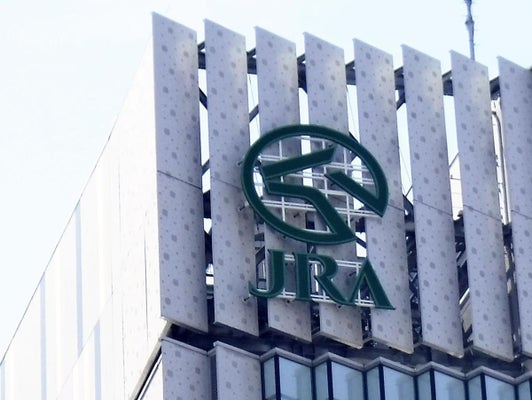Japan's esteemed Horse Racing School has failed to produce a single jockey debuting in the upcoming spring, a rare occurrence in its prolific history. Addressing the upheaval in the industry and discussing its potential impacts, the news creates waves in the national equestrian community. This development points towards the need for a revaluation of the educational strategies in place, sparking a series of debates on sports education reform.
Horse racing is a highly regarded sport in Japan, with a massive following and numerous state-of-the-art facilities dedicated to it. The Racing School's inability to produce debuting jockeys this year could significantly disrupt the industry's growth and impact its reputation on the global stage. Furthermore, it also emphasizes the importance placed on youth development and the significance of producing a regular influx of talented jockeys in the country.
In the United States and the European Union, a gap in the production of debutant jockeys would be a cause for alarm. Like Japan, these regions also value horse racing and its contribution to their sporting culture. However, they might utilize this as an opportunity to revisit educational programs and introduce reforms aimed at nurturing and developing talent at grassroots levels, possibly leading to increased support and funding for sports education.

